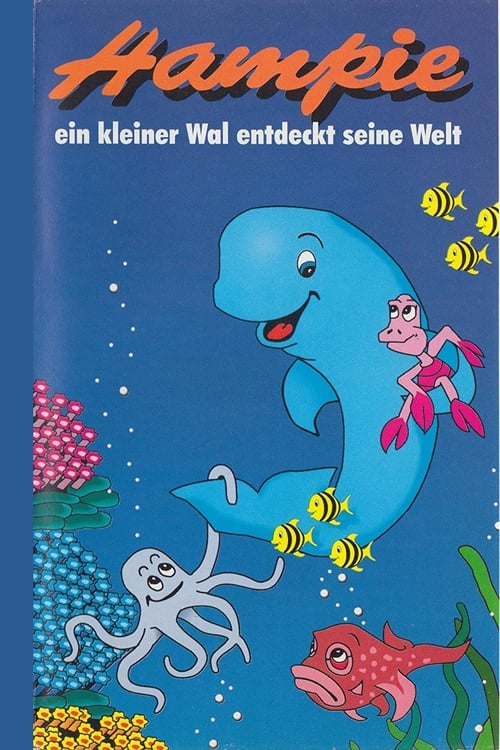Hampie - A Little Whale Discovers His World (1994)
Genre : Animation, Family
Runtime : 30M
Director : Roswitha Haas
Writer : Bärbel Ballweber
Synopsis
Whales are the largest mammals in the oceans. Giants like Moby Dick inhabit the world’s oceans. But Flipper, the dolphin, also belongs to their species. Hampie, the little humpback whale, will not become as huge as Moby Dick. But at his birth he is already much larger than Flipper. When he has grown up, he has no natural enemies in the ocean. But growing up is quite stressful, Hampie can tell you about it. And no enemies? – That would be nice. But see for yourself how he lives. Get to know his family and listen to the tales from the past. Discover his living space, which is beautiful, but also full of dangers. And accompany him on his long, adventurous journey from the Pacific to the Arctic.

Sir David Attenborough narrates a documentary about the Kea, the world's only alpine parrot. Playful and destructive, it attacks cars, starts landslides and terrorises New Zealand ski resorts but behind the bad behaviour there's a sharp mind at work. David tries to play chess with a kea and discovers how its cheeky character is the key to its survival.

The Indonesian archipelago in the Indo-Pacific Ocean comprises thousands of islands, atolls and the largest concentration of coral reefs in the world. This rich and varied environment is a product of a unique set of natural circumstances. The equatorial sun powers ocean currents among the tiny dots of land. Where the archipelago meets the western tip of New Guinea an intersection of ocean currects creates perhaps the world's richest reefs - in the region of the Rajah Ampat Islands. A coral reef houses a myriad of colors, shapes and patterns: from the bulb tentacle anemone which protects, and in turn is protected by, the brightly coloured clownfish; to the multi-branched gorgonian, home of the tiny pygmy seahorses.
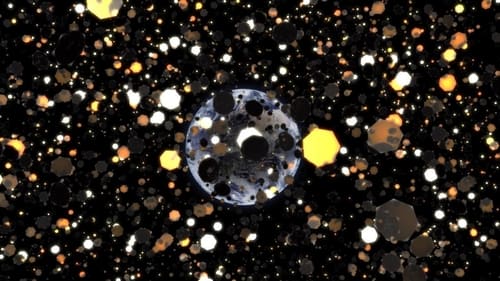
A group of scientists are thinking outside the box for ways to reverse the effects of global warming. And who better to save the earth than National Geographic Channel's host of the World's Toughest Fixes, Sean Riley? He'll join these experts in the labs and in the field to see what wacky new technologies are being developed, like sending mirrors into space and reducing the greenhouse emissions chickens produce.

In 2009 a team of British cavers went on an expedition deep within the jungle of central Vietnam. To their amazement they discovered an enormous cave which they believe to be the biggest in the world. The team, the first humans ever to enter the cave, traveled 6 kilometers underground until their way was blocked by a gigantic rock face they dubbed 'The Great Wall of Vietnam'. Now they have returned, but this time with the right equipment to climb the wall and with a geologist and zoologist to discover if this is indeed the Biggest Cave in the World and what secrets lie deep within?

Explore an extraordinary region where water and land life intermingle six months out of the year.

Flight is the ultimate superpower, an extraordinary ability that humans can only dream of. Yet an astonishing number of animals have mastered the skies. Now, new technology allows us to join them in their previously hidden world, ‘flying’ alongside these gravity-defying animals and experiencing their unique point of view. With exceptional skills and breath-taking design, creatures ranging from frogs to fish, from spiders to squirrels, spend their lives mid-air. Life in the Air captures this extraordinary animal behaviour and reveals – in incredible detail – the amazing science of flight.

A remarkable film from the National Geographic's daring EXPLORER series, ICELAND RIVER CHALLENGE follows twelve modern-day pioneers on a treacherous expedition down a remote Icelandic river. Crash through waterfalls and glide through sparkling glacial tunnels on this breathtaking journey. Using kayaks, inflatable rafts, and ultralight aircraft, the adventurers journey through the beauty and isolation of this dangerous waterway. Come explore a river that has, until now, defied exploration; witness the heart-stopping power of nature in all its glory with ICELAND RIVER CHALLENGE.


Take A Spectacular Journey. It Starts Right Here... Arabia: Sand, Sea & Sky Take a stunning tour of Arabia's natural world- a land of vivid contrast and splendor. Your journey begins in the magnificent coral reefs of the Red Sea where barracuda, giant mantra rays, and sharks comb the fertile waters. Then, high in the cliffs of the great mountain barrier, you will be fascinated by the complex social behavior of a troop of baboons. As you descend into the foothills, thousands of migrating birds converge, including the flamboyant Abyssinian Roller which will dazzle you with its brilliant feathers and swooping aerobatic dives. Finally, travel by camel across the immense sculptured desert, as the Bedouins have for more than thirty-five hundred years on an expedition you will never forget in ARABIA: SAND, SEA, & SKY.

The fascinating world of ocean fauna: dangerous sharks, majestic stingrays, brilliantly coloured fish and a variety of species from the diver's paradise of the Maldives. Spectacular images of the diverse life-forms to be found under water.
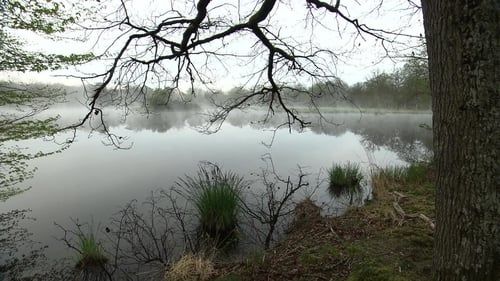
Chambord’s castle the largest and the most ancient enclosed forest park in Europe. In the majestic gardens of the castle live an incredibly rich flora and fauna. With its 5440 acres of forest, animals now rule the Chambord Kingdom. Many rare species such as ospreys, salamanders, black storks, wildcats abound and live in a natural state. With its variety of trees and its many different types of mammals, amphibians and birds, the park is pionner in wildlife conservation and houses a unique biodiversity. In a blue-chip wildlife documentary, renowned director Laurent Charbonnier takes us into a microcosm of the European forest, for a whole year, and captures the beauty of an untamed environment as the seasons come and go.

This documentary series follows three iconic species — caribou, zebra and elephant — on three of the world’s most breathtaking wildlife adventures. Each must overcome immense obstacles, from challenging terrain to hungry predators and sheer physical exhaustion. What drives these animals to risk everything in the race of their lives? Using the latest satellite-tagging technology, a team of scientists and filmmakers can now track the precise journeys of individual animals, witnessing their daily life-and-death decisions first hand as they happen. For the first time, we’ll reveal the complete picture of these epic races — the successes, the failures and the near misses.
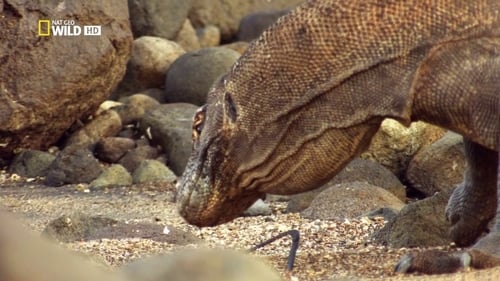
Venom expert Dr. Bryan Fry embarks on a dangerous island journey to uncover the deadly secrets of vipers, stonefish and the formidable Komodo dragon.
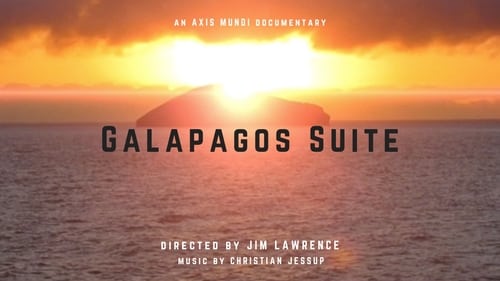
Galapagos Suite is a 17-minute compilation of 16 days sailing around the Galapagos archipelago aboard the Anahi catamaran. It seeks to encapsulate and capture the experience with intimate videography by Jim Lawrence and an original music score by Christian Jessup.

Iceland is one of the wildest places on earth. You could be caught up in the midst of snowstorms and blizzards, but you are never alone... Although tourists from all over the world have started a silent invasion, nature keeps on winning.
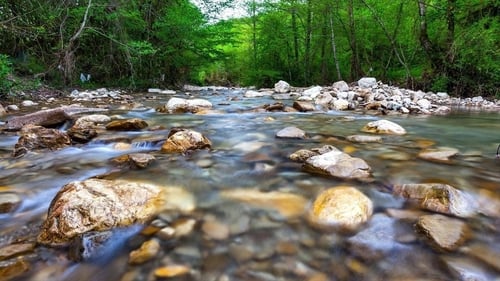

Salango is a small parish south of Manabí. What this land means to Ecuador, however, is huge. Its name is associated with the pre-Columbian legacy of the Manta Wancavilca cultures, the humpback whales that arrive each year to mate, the homonymous island and its coral reefs, the great wealth of marine fauna. It is there, in one of the places with the greatest archeological and environmental heritage of our country, where the Polar fishmeal processor has been operating for 35 years. What does not emerge from the idyllic postcards of the area is the foul smell that pollutes the air, the portrait of people sick from the factory's toxic wastes, the disgusting black smoke that flows into the sea directly from the processor pipeline. That is why it is the struggle of the few members of the community who have not given up and demand that Polar leave.
